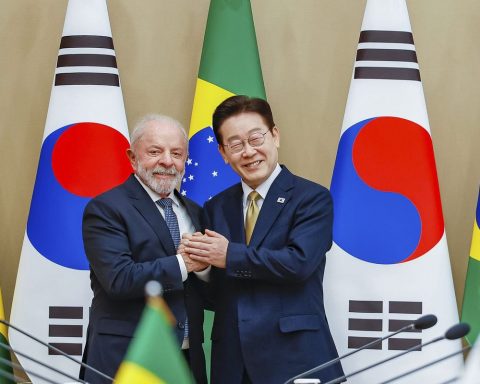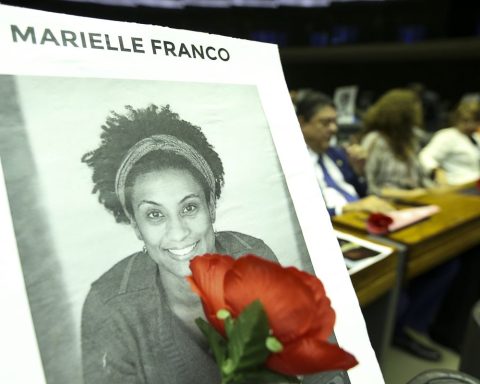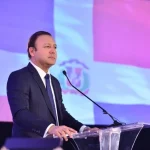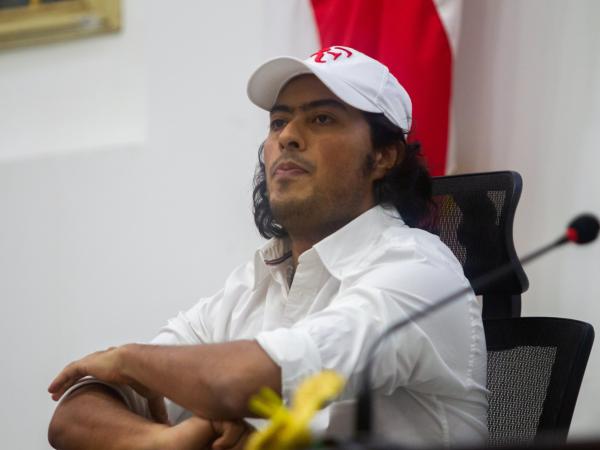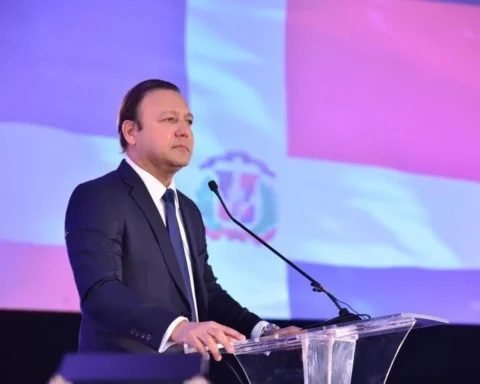The two women who were the first presidents of Brazil and Chile met this Monday (22) to analyze topics such as the impacts of climate change, governance with state participation, and improvements in living conditions for less assisted populations.
The former president of Brazil and president of the New Development Bank, Dilma Rousseff, and the former executive director of UN Women and former president of Chile, Michelle Bachelet, participated in Rio de Janeiro in the opening of the States of the Future meeting, a side event of the G20, an international forum that brings together the 19 largest economies in the world, plus the European Union and the African Union.
At the event, Dilma Rousseff identified financing as a barrier for developing countries to face crises in all areas and at the same time achieve the Sustainable Development Goals (SDGs), defined by the United Nations. “Global financing conditions, in addition to being limited, are prohibitive, due to exchange rate risks and high interest rates in central economies that put financial stability at risk. Fiscal space is crucial to guarantee the resources needed for governments to simultaneously invest in development actions and combating climate change, in addition to meeting the SDGs,” she highlighted.
In the view of the president of the BRICS bank, the burden of public debt in developing countries represents an obstacle to investment. “Since debts grow excessively and rapidly. Interest payments in developing countries have increased faster than public spending on health, education and investment in the last decade, therefore, to finance the fight against inequality and disastrous climate change the most important challenge is to address the huge debt burden on middle and low-income countries”, she assured.
According to the president of the New Development Bank, although as a group, the countries of the global south have achieved a greater share of the world’s GDP since 2008, technological protectionism, lack of cooperation and insufficient global innovation represent difficulties in the efforts of these nations to develop industrialization, reindustrialization or industrial modernization.
“Development financing, technology transfer, industrial policy, which are extremely relevant for our countries to achieve sustainable development, are increasingly marginalized in the international agenda of mainstream thought,” he said.
Dilma highlighted that despite frequent calls and promises to support sustainable development, there is a lack of concrete actions to effectively guarantee the confrontation of urgent challenges, such as climate change, mechanisms for overcoming, adapting and mitigating, pandemics, poverty, and above all the immense inequality “that plagues our countries and hits the poorest countries the hardest”.
Humanitarian crises
Michelle Bachelet said that the times of humanitarian crises experienced by some parts of the world, such as Gaza, Ukraine and Haiti, are challenges that need to be addressed, as well as the transfer of populations from their countries due to the effects of climate change or hunger. “Issues of inequality and human rights and divisions that have deepened within countries are a very important fragmentation in the geopolitical scenario,” she noted.
The former president of Chile drew attention to the fact that we cannot forget the risks of new pandemics and new economic and technological transformations, especially in the case of artificial intelligence. “It generates a lot of hope and opportunities, but in the wrong hands it can bring very complex challenges.”
For Bachelet, all these issues are urgent, but the structural changes are too great to be addressed by just one nation. Therefore, according to her, it is necessary to find multilateral solutions. “In the future, we need multilateral relations that can come together to face emerging challenges and try to reach an articulated approach,” she analyzed.
“Unilateralism has no place in the 21st century, we need more multilateralism and there are strong winds in this direction,” he pointed out, adding that this multilateral system must protect democracies and preserve human rights.
“Here in Latin America we see that the number of people who think that instead of a democratic government, they need an authoritarian government that responds to their issues is growing, which is a tragedy, because we have a political responsibility to improve democratic coexistence,” he warned.


